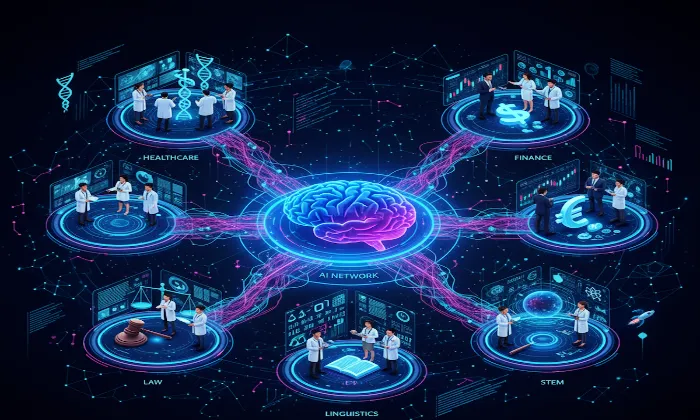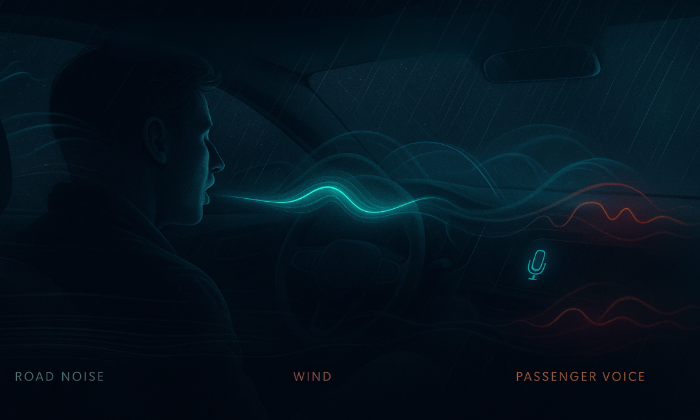What are the limitations of using simulated medical dialogues?
AI Training
Healthcare
Simulated Dialogues
Simulated medical dialogues offer a controlled environment to train AI systems in healthcare, but they aren't without their limitations. Understanding these constraints is essential for AI engineers and product managers as they develop innovative solutions in the healthcare industry.
Realism Challenges
While simulated dialogues are crafted to mimic real doctor-patient interactions, they often fall short in capturing the spontaneous and nuanced nature of real conversations. Real-world interactions are filled with hesitations, interruptions, and emotional undertones, which can be difficult to replicate. This lack of spontaneity may hinder AI models' ability to interpret these subtleties accurately, impacting their decision-making capabilities in practical applications.
Limited Contextual Variability
Simulated dialogues usually follow predefined scenarios, limiting the diversity and unpredictability found in actual clinical settings. Real interactions can vary widely based on patient emotions, unexpected medical findings, or unique patient histories. AI systems trained solely on these predictable patterns may struggle to adapt to the complexities of real-world scenarios, affecting their reliability and performance.
Ethical and Compliance Considerations
While simulated dialogues avoid the ethical pitfalls of using real patient data, they must still adhere to accurate medical practices and up-to-date information. If simulations rely on outdated or inaccurate medical knowledge, they risk misleading AI systems, which could lead to faulty clinical outcomes. Continuous validation and updates by medical professionals are vital but add a resource burden to development teams.
Annotation and Evaluation Complexities
The value of simulated dialogues heavily depends on precise speech annotation and evaluation. This involves tagging dialogues with relevant medical terms and contextual cues, requiring expertise in both AI and medical fields. Inaccuracies in annotation can lead to errors in model training and diminish the effectiveness of AI systems in clinical decision-making.
Risk of Overfitting
Models trained on simulated dialogues might excel in familiar scenarios but perform poorly in novel or unexpected situations due to overfitting. This narrow training focus can limit the model's ability to generalize across a wider range of real-life interactions, reducing its overall utility in diverse clinical environments.
Navigating the Challenges and Advantages of Simulated Dialogues
Simulated medical dialogues are a valuable tool for AI training, but it's crucial to balance their benefits with their limitations. By understanding these constraints, AI engineers and product managers can make informed decisions about their use. Integrating real-world data with simulated dialogues can enhance the adaptability and accuracy of healthcare AI systems, ensuring they provide reliable support in clinical settings.
For healthcare AI projects needing diverse and realistic training data, FutureBeeAI offers expertly curated datasets that balance ethical considerations with clinical authenticity. Contact us to explore how our AI data collection solutions can enhance your AI models' performance in real-world applications.
Smart FAQ
Q. What alternatives to simulated medical dialogues exist for training AI?
A. Alternatives include real anonymized patient data, public healthcare datasets, or hybrid approaches combining simulated dialogues with real-world interactions to enhance model training and performance.
Q. How can the limitations of simulated medical dialogues be mitigated?
A. Mitigation involves ongoing validation by medical experts, incorporating diverse scenarios, and training AI models on a mixture of both simulated and real-world data to improve adaptability and accuracy.
What Else Do People Ask?
Related AI Articles
Browse Matching Datasets
Acquiring high-quality AI datasets has never been easier!!!
Get in touch with our AI data expert now!








